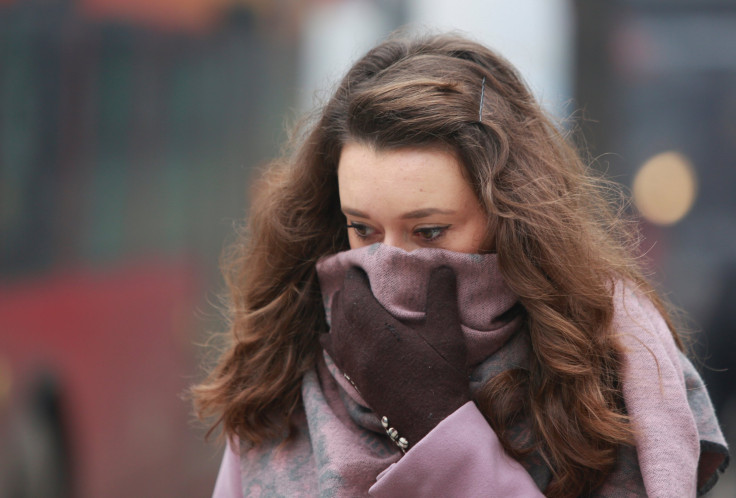Air Quality Alert: Precautions, Warnings Amid Rising Ozone Levels

Air quality alert was issued in several cities in Minnesota for Monday as ozone concentrations are expected to be the lowest during the day. Warnings were issues in Albert Lea, Rochester, Mankato, and surrounding areas.
The Minnesota Pollution Control Agency (MPCA) said the air quality will be at its worse during the morning time but will improve by evening. On Sunday, Indiana Department of Environmental Management also issued warnings.
"On Monday, an air quality alert is in effect for ozone for the Twin Cities and portions of central and southeast Minnesota. The hot, stagnant air that has persisted over the southern half of the state will linger tomorrow and pollution will continue to build up. On Tuesday, AQI levels may be high again for the same areas," MPCA said in the statement. AQI is air quality index.
Illinois Environmental Protection Agency also said an unseasonably warm stable high pressure air mass will continue to be over the western great lakes and Midwest through Monday. Light winds and relative high humidity will combine with rising levels of ozone, maintaining an “unhealthy for sensitive group category of the air quality index.”
According to the warnings, those suffering from asthma or other breathing conditions like chronic obstructive pulmonary disease, chronic bronchitis, and emphysema will be strongly impacted. Such people may experience symptoms like difficulty breathing deeply, shortness of breath, throat soreness, wheezing, coughing, or unusual fatigue.
Unhealthy levels of ozone in the air will also impact children and teenagers.
"Temperatures will only cool into the low to mid 70s tonight, especially downtown, so the heat advisory has been extended through the night," the National Weather Service in the Twin Cities reported Sunday afternoon. "Highs Monday will likely reach the upper 90s. The humidity will also be higher than (Sunday), resulting in peak heat indices possibly in the lower 100s by afternoon."
Below are some precautionary measures that people can take.
1. Limit physical activity.
2. Stay away from local sources of air pollution like busy roads and wood fires.
3. Those suffering from breathing conditions must keep their relief/rescue inhaler handy.
4. People with asthma should review and follow guidance in their written asthma action plan.
The best way to safeguard oneself is to reduce pollution. Below are some tips for pollution reduction.
1. Reduce vehicle trips and fill-up the gas tank at dawn or dusk.
2. Encourage use of public transport, or carpool, when possible.
3. Postpone use of gasoline powered equipment.
4. Avoid backyard fires.
5. Avoid letting the car idle for long periods of time.
© Copyright IBTimes 2025. All rights reserved.





















